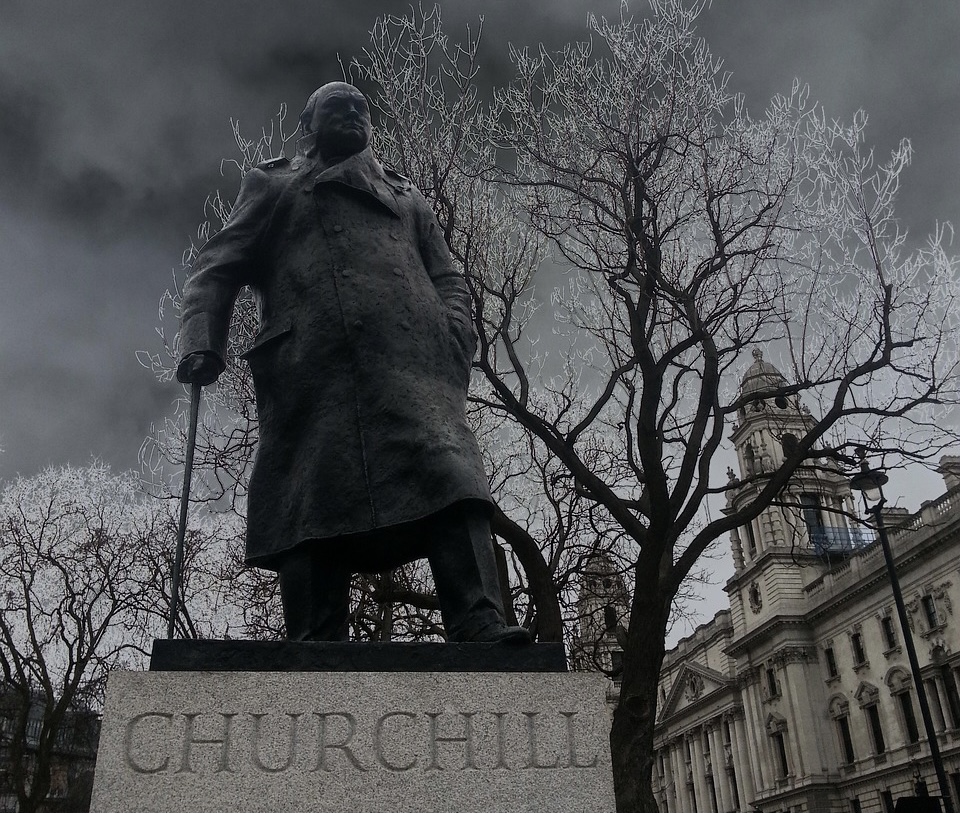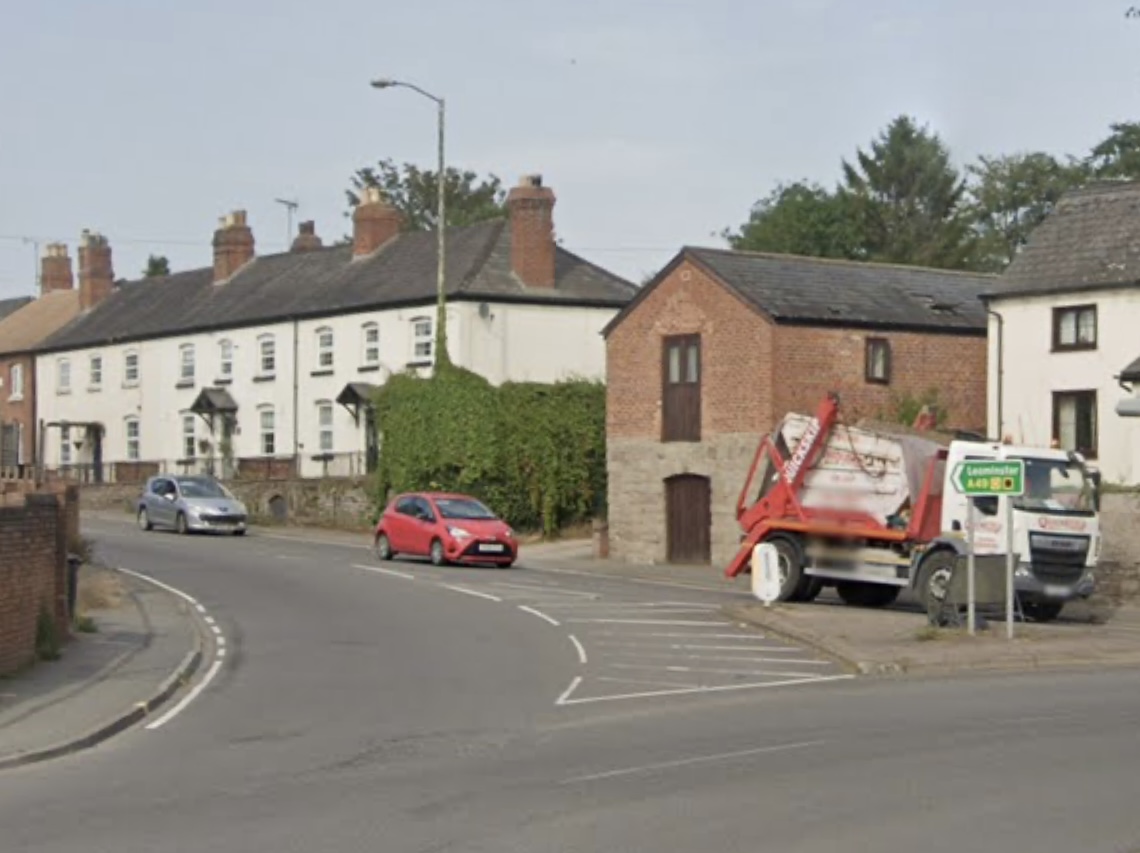- New legal safeguards introduced for historic monuments at risk of removal
- All historic statues, plaques and other monuments will now require full planning permission to remove, ensuring due process and local consultation in every case
- The law will make clear that historic monuments should be retained and explained
- The Secretary of State able to “call in” any application and ensure the law is followed
- The most significant new protection for England’s heritage since the 1967 Civic Amenities Act established Conservation Areas
- Measures build on proposals that embed beauty, design and quality in England’s planning system for the first time
New laws to protect England’s cultural and historic heritage have been announced by Communities Secretary Robert Jenrick today (17 January 2021).
The new legal protections mean that historic statues should be ‘retained and explained’ for future generations. Individuals who want to remove any historic statue, whether listed or not, will now require listed building consent or planning permission.
Under the new regulations, if the council intends to grant permission for removal of a particular statue and Historic England objects, the Communities Secretary will be notified so he can make the final decision about the application in question.
Historic England and the Secretary of State will apply the new policy of “retain and explain”, meaning historic statues will only be removed in the most exceptional circumstances.
Many unlisted heritage assets are of interest, significance and pride to the local communities in which they are erected and it is right that protections are put in place for them.
These new laws will protect 20,000 statues and monuments throughout England for future generations.
These landmark legal changes come in the tradition of previous landmark heritage protection laws such as the Civic Amenities Act 1967 and the Town & Country Planning Act 1947.
Communities Secretary Rt Hon Robert Jenrick MP said:
For hundreds of years, public statues and monuments have been erected across the country to celebrate individuals and great moments in British history.
They reflected the people’s preferences at the time, not a single, official narrative or doctrine. They are hugely varied, some loved, some reviled, but all part of the weft and weave of our uniquely rich history and built environment.
We cannot – and should not – now try to edit or censor our past. That’s why I am changing the law to protect historic monuments and ensure we don’t repeat the errors of previous generations, losing our inheritance of the past without proper care.
What has stood for generations should be considered thoughtfully, not removed on a whim, any removal should require planning permission and local people should have the chance to be properly consulted. Our policy in law will be clear, that we believe in explaining and retaining heritage, not tearing it down.
Culture Secretary Rt Hon Oliver Dowden MP said:
I strongly believe that we should learn from our past – in order to retain and explain our rich history.
The decisions we make now will shape the environment inherited by our children and grandchildren.
It is our duty to preserve our culture and heritage for future generations and these new laws will help to do so.
The new rules will also apply to unlisted historic plaques, memorials or monuments which will also require planning permission and Historic England to be informed.
Contains public sector information licensed under the Open Government Licence v3.0.




